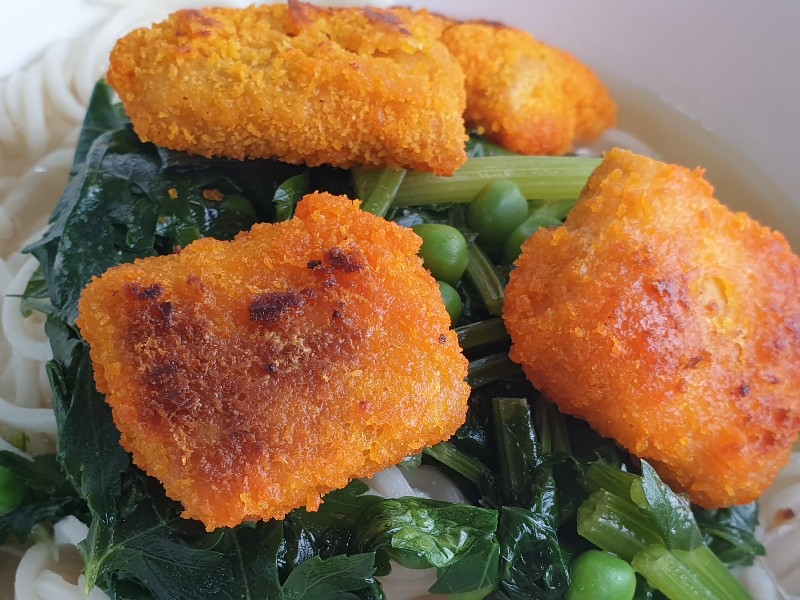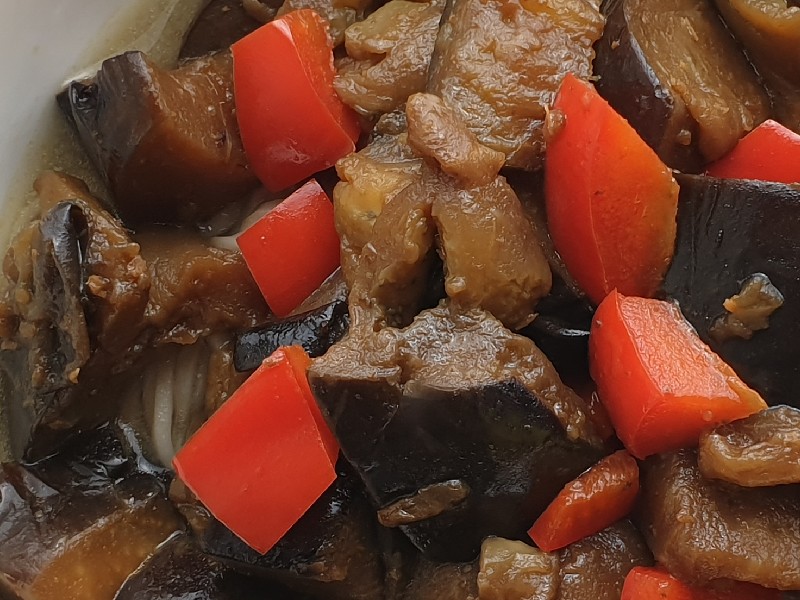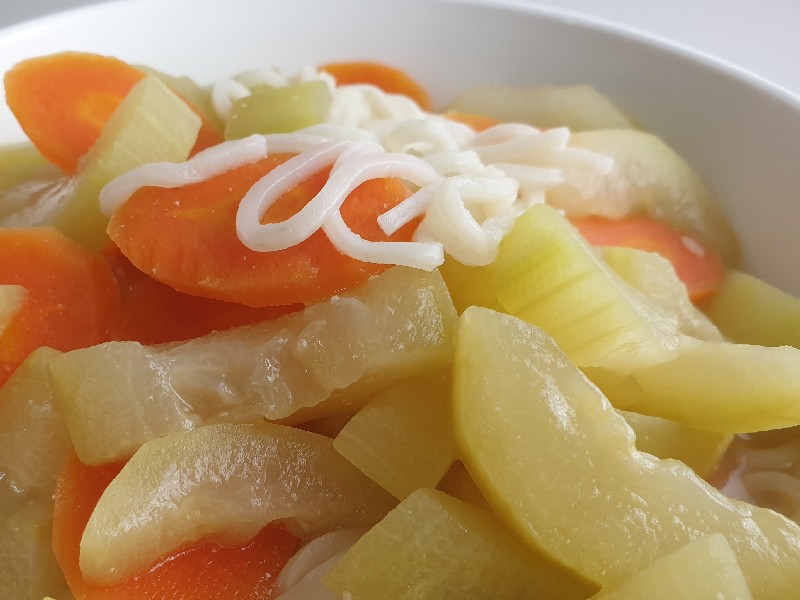
Miso
Benefits and Recipes
Nutritional Benefits of Miso:
According to article from Jo Williams (Registered nutritionist) on 23rd April 2024 and is published on “Good Food”, Miso,
To listen to this article, click below button:1. Miso is a source of protective antioxidants. Soya beans, from which miso is made, contain natural compounds called isoflavones. These are categorized as a type of antioxidant and as such help minimize the damage known as oxidative stress, which is caused by free radicals. It’s this oxidative stress which is involved in both aging and the onset of chronic disease. Other anti-aging natural foods.
Other anti-aging natural foods. Other natural foods that may prevent chronic diseases.
Other natural foods that may prevent chronic diseases.
2. Miso may support gut health. Fermentation enhances the number of beneficial bacteria in Miso. These bacteria are thought to help a wide range of health issues, including digestion and gut health. Other digestive healthy food.
Other digestive healthy food.
3. Miso may promote vitamin levels. Studies in 1997 and 2013 have confirmed that good bacteria in the gut manufacture vitamins (primarily vitamins K and B12) as a by-product of their metabolism. This means that by improving the balance of your gut microbes you’ll also benefit from a better nutritional status. The process of fermentation also reduces toxins and anti-nutrients, such as phytic acid in miso, which means we can absorb and use more of the nutrients available to us. Other digestive healthy food.
Other digestive healthy food.
4. Miso may help in the fight against certain cancers. Regular miso consumption is thought to potentially reduce the risk of certain cancers, including breast cancer, especially in post-menopausal women. This is thought to be thanks to the paste’s isoflavone content. Miso is also a rich source of other antioxidants which may further support its protective role in this area. However, more studies are needed to clarify and confirm these benefits. Other natural foods that may go against cancer.
Other natural foods that may go against cancer.
5. Miso may support immune function. Being a rich source of beneficial bacteria, miso may support immune function and help fight infections. Other supporting immunity plants.
Other supporting immunity plants.
6. Miso may support brain health. Recent advances in our knowledge and understanding of gut-brain connectivity supports a role for diet and in particular the consumption of fermented foods in cognitive health, including anxiety and depression. Other supporting brain healthy natural foods.
Other supporting brain healthy natural foods.  Other call for “ease depression” natural foods.
Other call for “ease depression” natural foods.
7. Miso may alleviate menopausal symptoms. Soya isoflavones (daidzein and genistein) have attracted a great deal of attention because they are phyto-oestrogens, plant compounds that mimic a weak form of the hormone oestrogen. Some women find including these in their diet helps with peri-menopausal symptoms, including poor mood and hot flushes. Other natural foods that may lend a hand to menopausal women.
Other natural foods that may lend a hand to menopausal women.
8. Miso may support cholesterol balance. Soya beans contain phytosterols, these plant compounds are structurally similar to cholesterol and work in the body by inhibiting cholesterol absorption. This explains why regularly eating foods made from soya has been associated with reduced cholesterol levels. Other natural foods that may help to control cholesterol.
Other natural foods that may help to control cholesterol.
9. Miso may support heart health. Regular consumption of legumes, and products made from them, has also been linked to a lower risk of heart disease; this is thought to be because they are a rich source of phytochemicals as well as fibre. Other helping heart natural foods.
Other helping heart natural foods.
10. Miso may support bone health. Soya foods may be a beneficial inclusion for mid-life women, this is because lower levels of oestrogen after the menopause may lead to a greater reduction in calcium levels in the bone. Some studies suggest that including 40-110mg of soy isoflavones each day may reduce this bone loss and improve bone mineral density. Other natural foods that are good for bones.
Other natural foods that are good for bones.
 Editor’s view (Click to read more)
Editor’s view (Click to read more) Consumption of new food (Click to read more)
Consumption of new food (Click to read more)
 Do you know? Heterocyclic amine is a chemical that is formed when meat, poultry, or fish is cooked at high temperatures, such as frying, boiling, and barbecuing. “Heterocyclic amines” are carcinogens (substances that may cause cancer). It is also called HCA. Source: National Cancer Institute (of United States)
Do you know? Heterocyclic amine is a chemical that is formed when meat, poultry, or fish is cooked at high temperatures, such as frying, boiling, and barbecuing. “Heterocyclic amines” are carcinogens (substances that may cause cancer). It is also called HCA. Source: National Cancer Institute (of United States)



